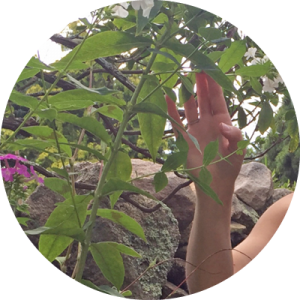
Jen
When I turned 12, I knew what depression was. It hit me out of nowhere, and it didn’t go away. I wasn’t the only young teenage girl who struggled with mental illness. I watched two of my best friends, D and C, struggle as well. They both tried to commit suicide before they were 14.
My parents didn’t want to talk about it—they told me C had a liver problem from taking too much Tylenol. Later, D told me she was attempting, and I called 911. The police broke down her door and took her to a mental hospital. Today, D says that was what she needed.
In my household, I was not allowed to be mentally ill. I was not allowed to get on medication. I told my parents repeatedly about how much I was struggling and eventually got them to take me to a talk therapist. The therapist told them I was cutting myself, and I was punished.
When I was 15, I developed anorexia. But still, I wanted to get better.
When I turned 18, I saw a psychiatrist myself and started taking medication. I went to a day program at my local mental hospital. I eventually was given Wellbutrin, which literally saved my life.
I met up with C again when we were 20, and she had gained 200 pounds. She was in and out of mental hospitals her entire life, and she said the medication caused her to gain all the weight. She didn’t look happy. This is when I knew that we needed a two-pronged approach to mental health care: awareness/stigma breakdown and quality of professional care.
My mental health care was life-saving, and I am now graduated from college and in a dream job in my industry. But it was still far from perfect. I was on a medication that may have caused memory problems—the doctor isn’t sure. I don’t know what I learned at the hospital’s day program. I wonder how different my life would be if my parents allowed me to get proper care.
I see huge potential in medication due to my success with Wellbutrin, but many people are against mental health meds because of SSRI side effects. Anxiety medication has a long way to go as well. I envision a world where mental health is effectively and safely treated with medication, as well as non-pharmaceutical methods like acupuncture and Cognitive Behavioral Therapy. This is why I’m so thankful for the Foundation of Hope and am happy to support them at the Walk for Hope and beyond.
Will You Join Us?
Walk for treatment. Walk for life. Walk for Hope.
Sign up to receive updates on our annual event, as well as the
Foundation of Hope. Follow our stories and see your impact.

